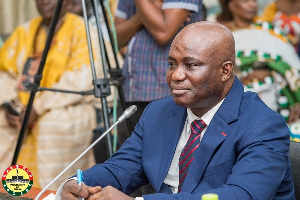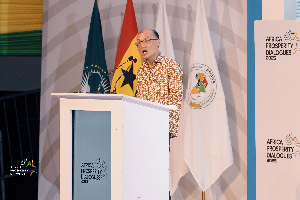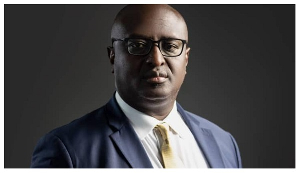It is common knowledge that Ghana Broadcasting Corporation (GBC) has on various occasions made news headlines for its overwhelming financial burden which according to operators, has invariably hampered its operations as a state broadcaster.
It was for this reason that Director-General of the establishment, in May 2020, commended a private citizen in a letter for raising concerns about the general quality of production of the state media.
However, their woes seem to have deepened following a recent directive from the Communications Ministry headed by Ursula Owusu-Ekuful to GBC. The directive was asking the national broadcaster to abandon three of its channels on the Digital Terrestrial Television (DTT) platform.
Which would mean a cut in jobs and revenue for the already ailing company.
In an attempt to add his voice to the drama, veteran journalist and Managing Editor of the Insight Newspaper, Kwesi Pratt Jnr has laid the blame at the door step of the government of Ghana.
He believes if government and other state apparatus had cultivated the habit of duly paying the state broadcaster for the services it renders to them, they wouldn’t be caught up in the midst of a near abandonment of three of their channels.
Mr Pratt made the argument that GBC is constantly wailing for funds because “If you look at the infrastructure for digital broadcasting and so on, I’m told that the digital broadcasting network actually needs about 42 of such installations. 38 of those installations belong to the Ghana Broadcasting Corporation and we’re not paying for it.”
Adding more clarity to argument he insisted that, “the Ghana Broadcasting Corporation is not paid for or the live telecast and broadcast that they do to cover the president, the government and so on and we’re still the same people complaining that it’s not making money and therefore we should shut their channels. If we were to pay for all their work, they won’t be this broke…”
But for the intervention of President Nana Addo Dankwa Akufo-Addo, the state broadcaster would have been forced to reduce the number of channels it operates.
The president in a statement dated July 23, 2020 directed the immediate suspension of the implementation of the Communication ministry’s directive.
General News of Monday, 27 July 2020
Source: www.ghanaweb.com

















